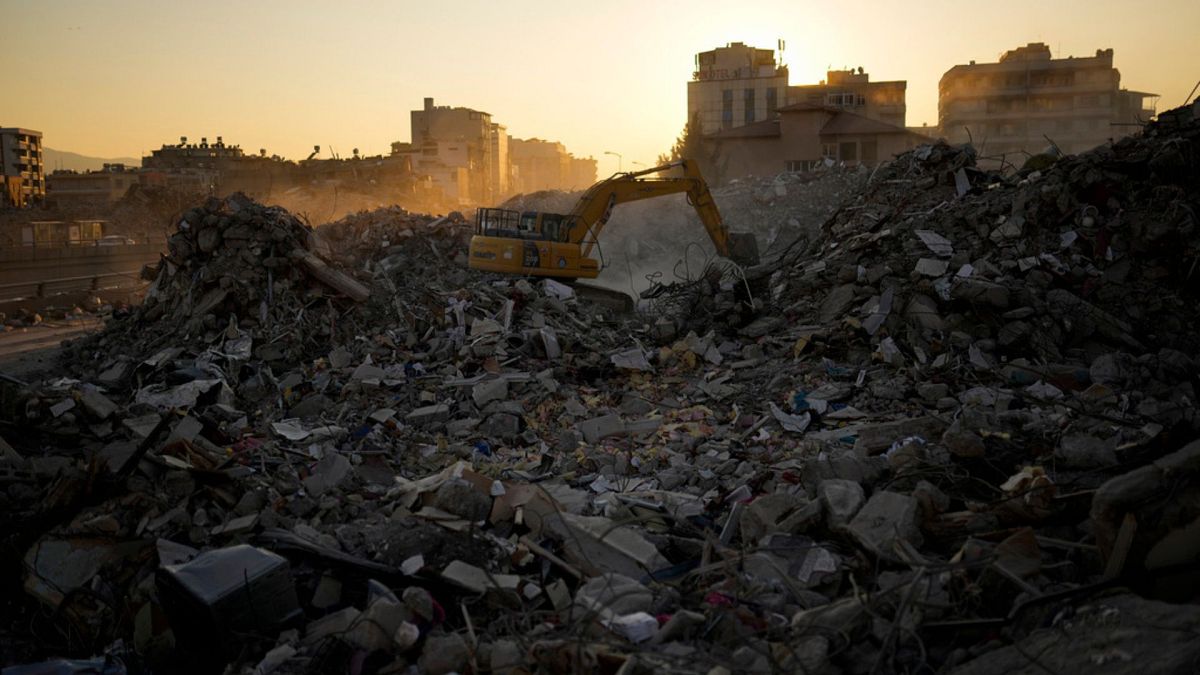

In a world that often faces unforeseen challenges, recent global events emphasize the importance of resilience and the need for adaptive measures. This week, several incidents across different corners of the globe have underscored the critical role of preparedness and support systems in mitigating the impacts of both natural and man-made crises.
Recent reflections from Google highlight the complexities inherent in technological advancements, especially when they aim to safeguard lives. The tech giant has openly acknowledged the limitations of its earthquake alert system during the Turkey earthquake of 2023. Although this technology offered the potential to reach millions, only a small fraction of high-level alerts—469 to be precise—were issued before the devastating 7.8 magnitude quake struck. This revelation serves as a poignant reminder of the continuing challenge of effectively utilizing technology in crisis situations.
In the vibrant city of Bangkok, a somber incident at the bustling Or Tor Kor market left a lasting impact on the community. A tragic shooting incident resulted in the loss of five lives, including security personnel, with others injured in its wake. The perpetrator took his own life, leaving behind a scene of shock and grief. This event underlines the importance of security measures and the necessity of providing communities with the resources and support required to heal and move forward.
Meanwhile, in southern Germany, the derailment of a regional train claimed at least three lives, with several others injured. Investigations are underway, with initial inquiries suggesting that weather conditions could have played a significant role. As authorities work to determine the exact cause of the derailment, this incident highlights the critical nature of infrastructure safety and the importance of ongoing vigilance in maintenance and weather preparedness.
The ripple effects of global budgetary decisions also came to the forefront, with the United Nations High Commissioner for Refugees, Filippo Grandi, shedding light on the implication of budget cuts on migration patterns. Grandi emphasized that increased assistance to countries within Africa could address the root causes of migration to Europe. By strengthening support for refugees and enhancing stability in regions of origin, the international community can foster environments that reduce forced migration, contributing to a more stable global dynamic.
Each of these stories—though diverse in nature—reflect the interconnectedness of our world and the multifaceted challenges that we face. They underscore the importance of coordinated efforts, whether through technological innovation, social security measures, infrastructure resilience, or international cooperation. Together, these elements form a foundation upon which communities can build a safer and more resilient future. As we navigate these complex challenges, it remains imperative to prioritize empathy, support systems, and sustainable solutions that promote long-term well-being for all.
Source: {link}
